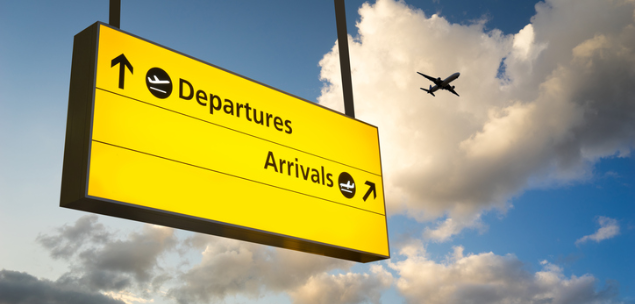The recent 457 Visa changes are impeding Australia’s capacity for innovation and they could force Atlassian to relocate its headquarters overseas, warns the home-grown software giant’s co-founder and co-CEO, Mike Cannon-Brookes.
In an address to the Senate Committee on the future of Worker and workers in Melbourne on Tuesday, Cannon-Brookes said that technology had taken over finance as the biggest industry in the world, and that Australians must decide, as a collective, whether they “want a seat on that rocket ship”.
“Australia generates 1% of the world’s GDP,” he told the Committee. “To continue our relative wealth and quality of living, we need to be primary producers of 1% of the world’s technology. We aren’t even close today.”
Cannon-Brookes attributed “nearly all the new job growth in Australia” to innovation by the nation’s technology businesses such as Atlassian, which employs 2500 staff globally, including 1000 in Sydney. However, he said the growth of the local technology industry was being constrained by a “lack of access to experienced, global talent”.
He described the nation’s approach to skilled immigration as “completely backwards”, explaining that the Federal government’s recent policy changes to the 457 Visa have “damaged” Australia’s reputation in the global tech industry and “hurt [Atlassian] directly”.
“The restrictions are suffocating our ability to become a leading innovation nation – and threatening Atlassian’s ability to remain HQ’d here,” he said. “Our future success depends on our ability to attract the world’s best tech talent… today.
“For every new project at Atlassian… say 10 new jobs… we have a choice of where to hire and start that team – in Austin, in San Francisco, in New York, in Gdansk, in Kiev or… in Sydney.”
In order to “unlock the huge job-creating potential of tech companies in Australia”, Cannon-Brookes said it was necessary for Australians to change the way they think about skilled migration.
“We focus on overseas workers taking jobs from Australians [but] in high-export industries, like technology, it’s just not the case,” he said. “Highly skilled, experienced migrants are ‘job multipliers’ for Atlassian – for every senior person we import, we hire many more around them. Their experience spreads to tens of other employees close to them in the organisation. It’s absolutely invaluable.
“The Government should be helping local companies attract world-class employees. Not closing the door in their face.”
Cannon-Brookes acknowledged that tech disruption is a “very real thing” that will mean that “many, many people will lose their current job” but said it is “not a purely destructive force”.
“Many, many new jobs will be created; many existing roles will be redefined; and workers will have the opportunity to switch careers,” he said. We need to…focus on the upside of value creation and improved standards of living that technology will create, instead of perpetuating fear rhetoric around “robots taking our jobs”.
“[T]echnology disrupting the jobs can be created anywhere in the world. If we’re not creating some of the technology here, the created jobs won’t be in Australia.”

